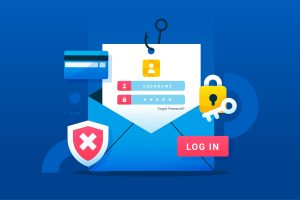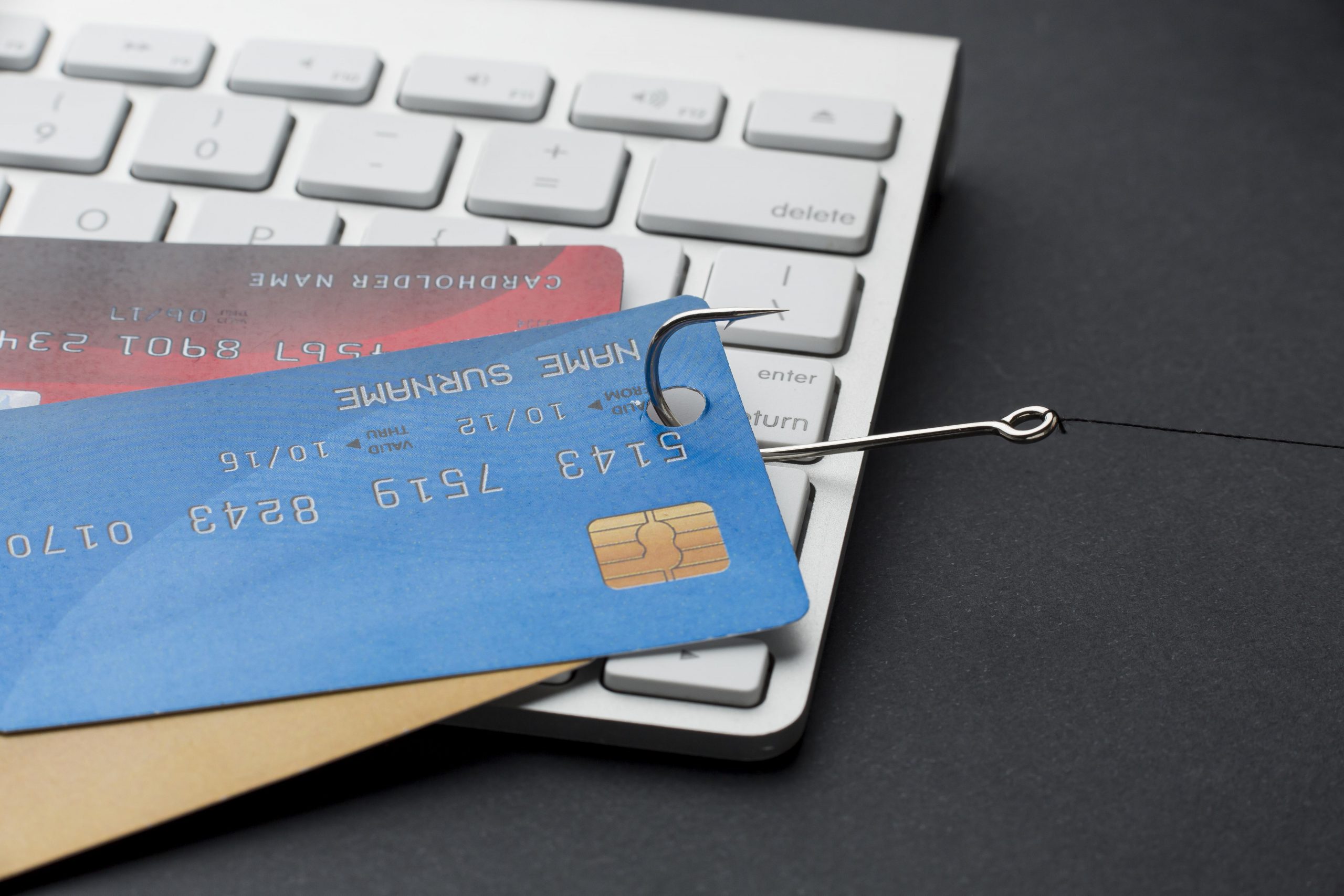What is a phishing email, and how to spot one?
Cyber attacks are more common than you know and come in all different forms. They pose a serious threat to your company.
Phishing emails particularly are rising considerably, especially during 2020 and the coronavirus pandemic; during a crisis, phishing increases, as attackers rely on people’s vulnerability and panic to deceive them. Phishing attacks have increased by over 600% this year. With many businesses working remotely, cybercriminals have used this as their opportunity to infiltrate enterprises of all sizes and attempt to corrupt and steal private information.
What is phishing?
What is phishing, and what does phishing mean?
A phishing email is a cybercriminal enticing you to open fraudulent emails, leading to deceptive sites that will try and gather your private information. We are all vulnerable to phishing emails every day. But the more sophisticated cyber criminals will find a way to disguise an email to land straight in your inbox and look legitimate.
Hackers won’t just attempt to steal your valuable information through emails, but also through your mobile phone. Find out more about mobile scams here.
You may think you are smart enough to notice a phishing email and never fall victim to one. But this might make you re-think:
Did you know that an astonishing 30% of Irish Remote Workers Have Had Their Account Compromised?

How to spot a phishing email
Spotting a phishing email can be tricky, especially with phishing emails becoming more refined.
However, there are some specific tell-tale giveaways, which can expose a phishing email.
1. The disguise
The cyber attackers will spoof the recipient’s email address. They may look like the real deal, but a small error can reveal this. Legitimate companies will have domain emails. This can be manipulated easily, so you have to be scrupulous and check the tiny details
2. Asking for sensitive information
Legitimate companies will NOT request confidential information via email. Never give over sensitive personal information via email. This information can quickly end up in the wrong hands.
3. Spellchecks!!!
This is essential and usually one of the most apparent giveaways to a dishonest email. Legitimate companies know how to spell.
4. Hyperlinks
If that email is full of hyperlinks and persuasive encouragement to check out their website, most likely, it’s dangerous and a scam.
5. Unsolicited attachments
Don’t open them! Most commonly, these attachments will be a form of ransomware. If the company is legitimate, they will not be sending unsolicited attachments with encouragement to open.
6. URL checks
Check and then double-check URLs. If the link in the email sent doesn’t match the URL displayed when you hover the cursor above the link, then most probably, that link is untrustworthy and best avoided.

How to prevent phishing emails from harming your business
Human error is one of the most common ways to fall victim to phishing attacks. A member of your team could quite easily open a phishing email and click on an untrustworthy link. This is why it is essential to make sure your team knows how to spot phishing emails!
Here are our top tips on how to prevent phishing:
- Train your team
- Install a regularly updated piece of antivirus software
- Make sure you have Two-Factor Authentication on ALL your accounts.
- Migrating to the cloud is the most effective way to keep your data and emails safe and ensure they are backed up.
Phishing emails are a serious threat. All businesses should be aware of them and be able to spot them: the more sophisticated the email, the harder to spot errors. Train your team and put layers of protection in place today, before it’s too late.
The most efficient way to look after your private data and prevent cyberattacks is by outsourcing your IT and letting technical experts handle cybersecurity stress.
Contact our team of cyber security experts and see how we can get your business cybersecurity safe.









